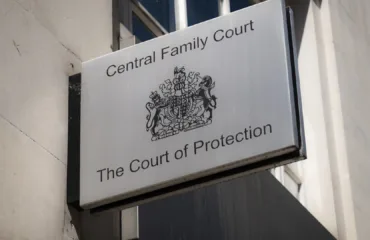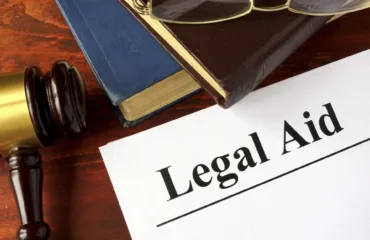
Domestic abuse is a pervasive and serious problem that affects millions of people around the world. It can take many different forms, including physical, emotional, psychological, sexual, and financial abuse, and it can occur in any type of relationship, including married couples, dating partners, and family members.
In this blog, we will discuss the signs of domestic abuse and what you can do to get help.
What is Domestic Abuse?
Domestic abuse is a pattern of abusive behaviour used by one partner to gain power and control over the other. It can take many different forms, including:
- Physical abuse: This includes hitting, slapping, punching, choking, and any other form of physical violence.
- Emotional abuse: This includes verbal abuse, such as yelling, insulting, or belittling, as well as other forms of emotional manipulation, such as gaslighting or withholding affection.
- Psychological abuse: This includes threats, intimidation, and other tactics used to control or manipulate a partner.
- Sexual abuse: This includes any unwanted sexual contact or coercion.
- Financial abuse: This includes controlling a partner’s finances, withholding money, or using money as a form of control.
Recognizing the Signs of Domestic Abuse
Domestic abuse is not always easy to recognize, as abusers often try to hide their behaviour and manipulate their victims. However, some common signs may indicate that someone is experiencing domestic abuse, including:
- Physical injuries: Bruises, cuts, broken bones, or other unexplained injuries.
- Fearfulness or anxiety around their partner: A victim of domestic abuse may be anxious or nervous around their partner, especially if they feel threatened or in danger.
- Isolation from friends and family: An abuser may try to isolate their partner from friends and family, either by limiting their contact with others or by turning their loved ones against them.
- Constant criticism or belittling: An abuser may use insults, criticism, or belittling language to undermine their partner’s self-esteem.
- Controlling behaviour: An abuser may try to control every aspect of their partner’s life, including where they go, what they wear, who they talk to, and how they spend their time.
- Sexual coercion or assault: An abuser may use threats or physical force to coerce their partner into sexual acts, or they may assault their partner sexually without their consent.
- Financial control: An abuser may control their partner’s finances, withhold money, or use money as a form of control.
- Threats of violence or suicide: An abuser may threaten their partner with violence or suicide to gain control over them.
- Coercive behaviour: Acts designed to make a person feel inferior and/or dependent by keeping them apart from friends, help and support.

Getting Help for Domestic Abuse
If you or someone you know is experiencing domestic abuse, it is important to seek help as soon as possible. There are many resources available for victims of domestic abuse, including:
- Hotlines and Helplines: Many organizations provide hotlines and helplines that victims of domestic abuse can call for help and support. These lines are often staffed by trained professionals who can provide guidance and resources.
- Domestic Abuse Shelters: Domestic abuse shelters provide a haven for victims of domestic abuse and their children. They offer temporary housing, food, and other basic needs, as well as counselling and support services.
- Law Enforcement: If you are in immediate danger, call 911 or your local law enforcement agency. They can help you get to safety and connect you with local resources.
- Legal Assistance: A family law attorney, such as ourselves, can help you obtain a restraining order and navigate the legal process of leaving an abusive relationship.
It is important to remember that no one deserves to be a victim of domestic abuse. By recognizing the signs of domestic abuse and getting the help you need, you can take the first step towards a safer and happier life.


